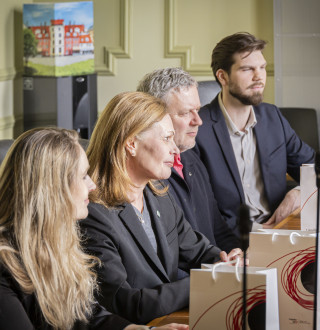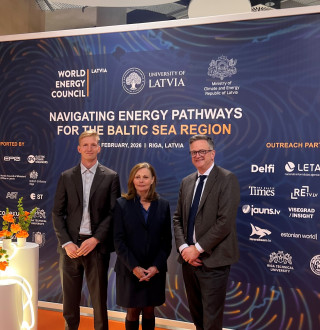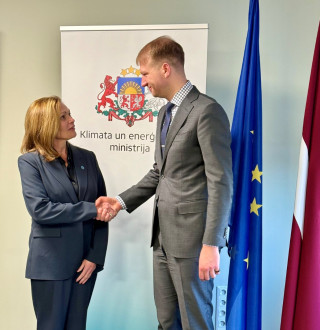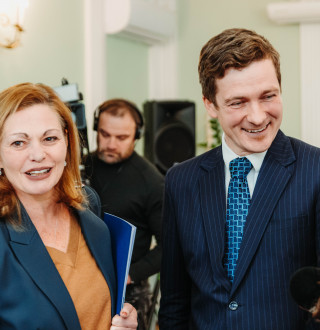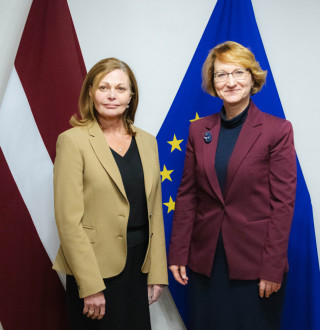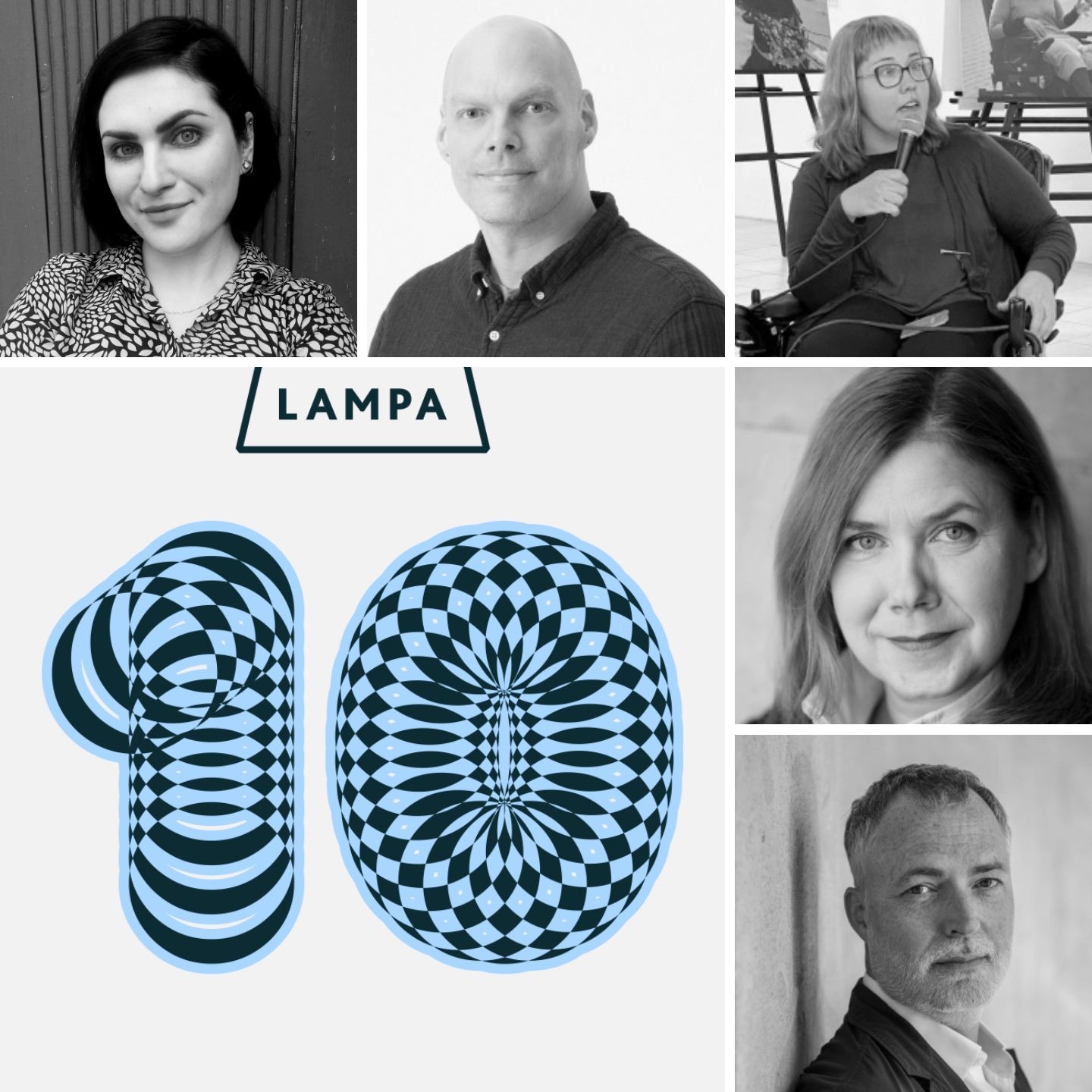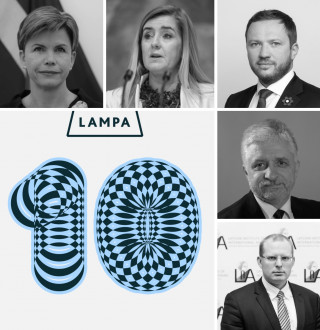Loneliness is not an act of solitude or being alone. Loneliness is living in separation from other people. It is an emotional state which tends to go hand in hand with the feeling of abandonment. The desire to escape loneliness is not a whim; it’s a necessity due to its power to harm physical and mental health. Prolonged unconscious loneliness can cause chronic “dormant” stress, which can exacerbate symptoms of depression, raise blood pressure, and increase the risk of heart attack, stroke, and dementia.
More than a third of Europeans experience social isolation and loneliness, according to the first EU-wide survey on the topic. The issue is most acute in Ireland where more than 20% of respondents reported regularly feeling lonely. Latvia is too close for us to stay passive on this. The map below shows the share of respondents by country who felt lonely most or all of the time over the past four weeks preceding the survey.

An increasing negative trend, particularly among older age groups, was also observed by a combined research group from Latvia and the Nordic countries, which analyzed various loneliness parameters in the wake of the COVID-19 pandemic. It was found that people in Latvia aged 65 and above experience loneliness more often than seniors in the Nordic countries. As society ages and technology advances, loneliness is unlikely to resolve itself. However, Swedish researchers believe that loneliness can be mitigated and the situation improved.
Nations need a healthy, long-living population, making it imperative to adopt a comprehensive national strategy to reduce loneliness. A sustainable approach involves fostering a culture of socialization, encouraging participation in hobby clubs and interest groups, and creating a comfortable, inclusive environment for the elderly. Modern technologies provide extensive opportunities and valuable solutions to address the issue.
On July 6 at 4:00 PM, we have invited experts to share their insights and solutions at the discussion “Can Inclusive Design Protect Against Social Exclusion and Loneliness?”.
PANELISTS
Anna Žabicka, social anthropologist
Anna specializes in aging societies, care, kinship, death and dying, and medical and health anthropology. Anna is a doctoral candidate at the University of Vienna (Universität Wien) – dissertation explores aging and care in the so-called dying-out rural areas in Latvia. Anna is involved in several research projects related to “proximality” in mobile work settings, queer mobility in the USA, and ethical challenges in Alzheimer’s disease research. She teaches medical anthropology and medical ethics and works as a researcher at the Paul Stradiņš Museum of Medical History.
Baiba Baikovska, head of the “Agape LV” Association’s “Spēju kustība” Sector, activist of the Service Dog Association TEODORS
Baiba is a stand-up performance artist and lecturer. Topics: disability and Christianity. She is the author of the book “Elfa – suns, ne cilvēks” (“Elfa – a Dog, Not a Human”). In her daily life, Baiba is accompanied by an assistant dog Elfa.
Barbara Ābele, professor at the Art Academy of Latvia, design visionary
Barbara has an education and professional experience in design and art. Her current research area evolves around the new and untapped possibilities of design in the social sphere and enhancing societal well-being.
Antti Ervasti, psychotherapist
Antti is a practicing psychotherapist from Finland, specializing in couple therapy, family therapy, and sexual therapy, training, and clinical supervision. He has lectured in the USA, Italy, Japan, and other countries. Antti is the author and CEO of the mental health promotion initiative “CupOfTherapy”.
MODERATOR
Jonas Keiding Lindholm, director of impact at the think tank “Mandag Morgen”
Jonas is an experienced social impact leader in the private and public sectors across more than 25 countries. Jonas has held various notable positions, such as Executive Director of “Save the Children”, Director at the UN, and a member of the National Volunteer Council. He has actively served on the boards of various agencies and government commissions. Jonas is an opinion leader, moderator, commentator, and advisor on social cohesion and sustainability issues.
This panel discussion is part of the Nordic-Baltic debate relay, organized by the Nordic Council of Ministers and the Danish think tank “Mandag Morgen”. The relay aims to thematically connect the LAMPA festival with similar festivals in Estonia and the Nordic countries, where this issue is also topical.
The discussion is organized in close collaboration with the Secretariat of the Northern Dimension Partnership on Culture.
DISCUSSION DETAILS
Time: July 6 at 4:00 PM
Location: On-site at the stage “Ziemeļsala” (tent No. 49) or online on Facebook or website of the “Lampa” festival.
The full programme of “Ziemeļsala” is available here.
